William Hague: Cyber cohesion is 'a great challenge of our time'
Hague calls on nations to deliver "rules of the road" for cyber space.
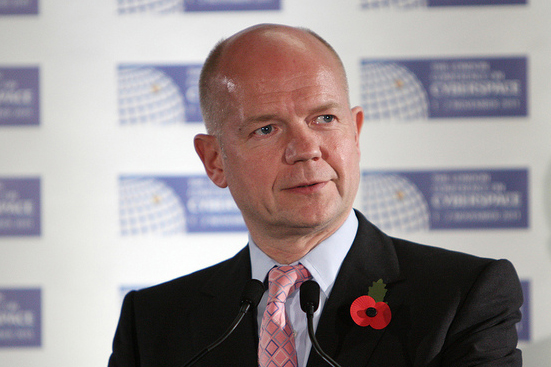

UK foreign secretary William Hague opened the first ever London Conference on Cyberspace today by saying building a consensus over cyber issues was "a great challenge of our time."
Hague emphasised the need for greater collaboration between Governments in tackling issues such as cyber crime and web censorship.
"We need understood rules of the road," Hague said this morning in London.
The foreign secretary said there was an "apparent rise in state sponsored attacks," warning about an increase in malicious use, where the most vulnerable people and national systems were being targeted.
It will become harder to protect our users or protect our defences from being swamped.
"The scope for malignant activity will widen alongside advantages It will become harder to protect our users or protect our defences from being swamped," he added.
A spate of rumoured state-sponsored attacks have been reported this year. In October, EMC's security arm RSA said a nation state was behind a hack on the company.
Get the ITPro daily newsletter
Sign up today and you will receive a free copy of our Future Focus 2025 report - the leading guidance on AI, cybersecurity and other IT challenges as per 700+ senior executives
Yesterday, Symantec revealed at least 29 companies in the chemical industry had been targeted by an unnamed hacking group, possibly sponsored by a nation state.
Talking more broadly about cyber crime, Hague said successful prosecutions in the cyber space needed to "become the norm rather than the exception."
Control freak-out
Hague was also firm on the Government's commitment to ensuring the internet remained open, not just in the UK but globally.
His words came on the same day 11 organisations wrote to the Government claiming domestic policy was hindering plans to promote web freedom. The Open Rights Group, Index on Censorship and Privacy International were just three of the letter's signatories.
"The Government's record on freedom of expression and privacy is less than ideal. Britain's desire to promote these ideals internationally is being hampered by domestic policy. The Government is currently considering greater controls over what legal material people are allowed to access on the internet," the letter read.
"We call for the UK Government to seize this opportunity to reject censorship and surveillance, domestically and internationally, that undermines people's rights to express themselves, organise or communicate freely. That is the only way to both enshrine the rights of citizens in the UK and to support these principles internationally."
Today, Hague said the internet should not be "stifled" by Government control.
"The internet must remain open and not become ghettoised," he said. "It is time to build on our common interest with real diplomatic weight."
Furthermore, cyber crime should not be used as an excuse for governments to censor internet use, Hague added.
Hungary is to host follow-on event to the London Conference on Cyberspace in 2012. Korea will hold another in 2013.
Tom Brewster is currently an associate editor at Forbes and an award-winning journalist who covers cyber security, surveillance, and privacy. Starting his career at ITPro as a staff writer and working up to a senior staff writer role, Tom has been covering the tech industry for more than ten years and is considered one of the leading journalists in his specialism.
He is a proud alum of the University of Sheffield where he secured an undergraduate degree in English Literature before undertaking a certification from General Assembly in web development.
-
 Should AI PCs be part of your next hardware refresh?
Should AI PCs be part of your next hardware refresh?AI PCs are fast becoming a business staple and a surefire way to future-proof your business
By Bobby Hellard
-
 Westcon-Comstor and Vectra AI launch brace of new channel initiatives
Westcon-Comstor and Vectra AI launch brace of new channel initiativesNews Westcon-Comstor and Vectra AI have announced the launch of two new channel growth initiatives focused on the managed security service provider (MSSP) space and AWS Marketplace.
By Daniel Todd
-
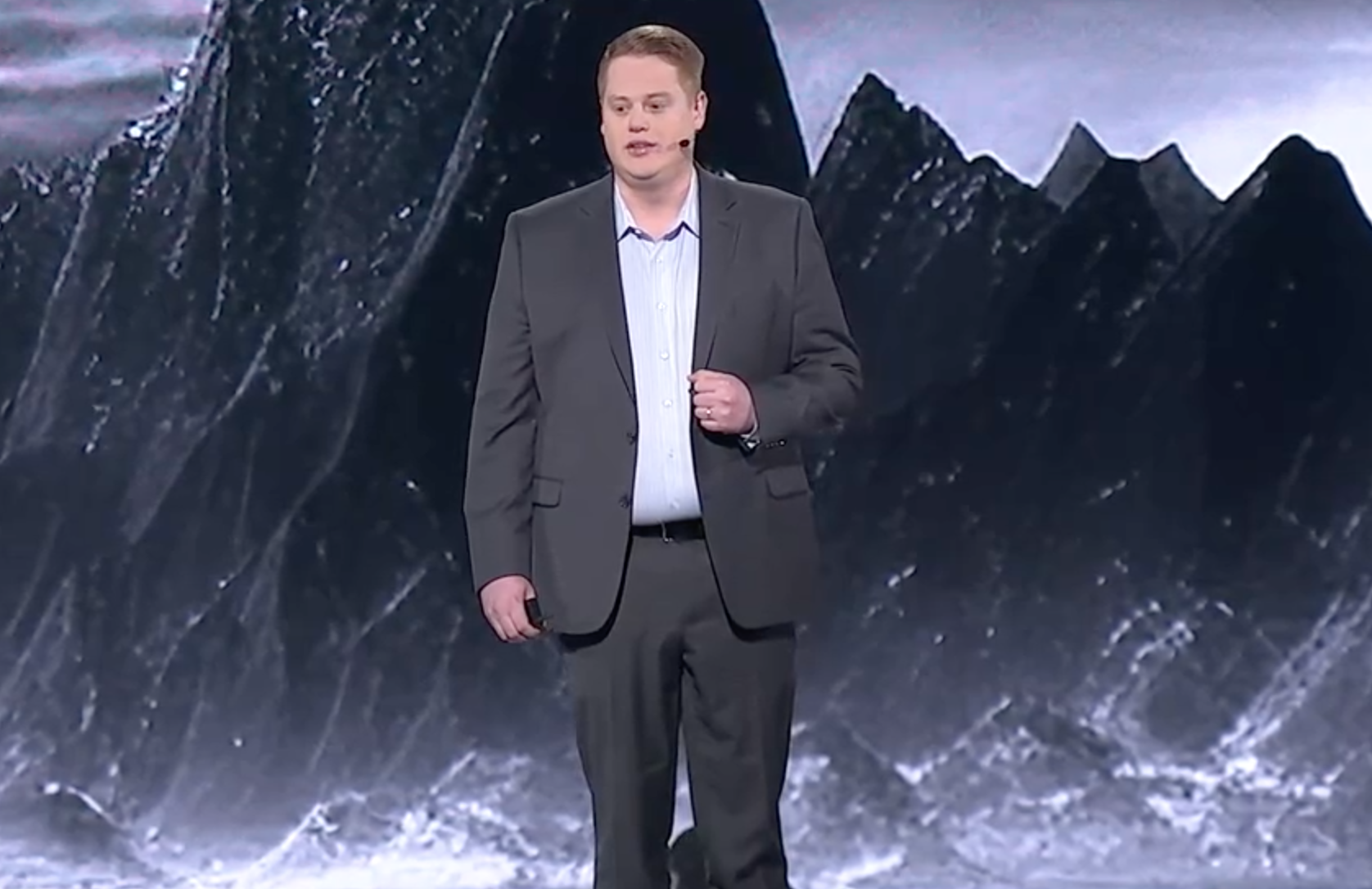 'You need your own bots' to wage war against rogue AI, warns Varonis VP
'You need your own bots' to wage war against rogue AI, warns Varonis VPNews Infosec pros are urged to get serious about data access control and automation to thwart AI breaches
By Rene Millman
-
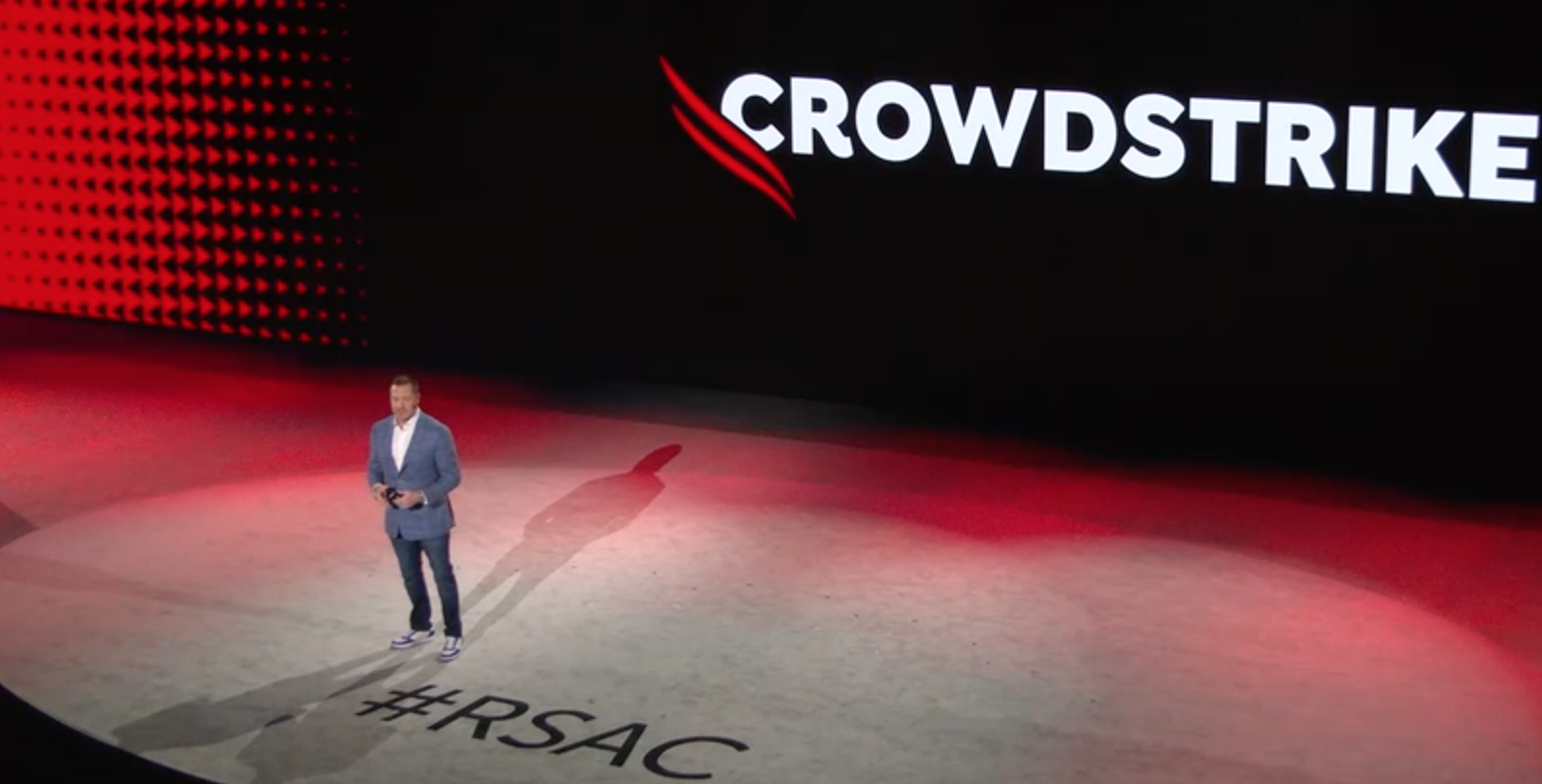 CrowdStrike CEO: Embrace AI or be crushed by cyber crooks
CrowdStrike CEO: Embrace AI or be crushed by cyber crooksNews Exec urges infosec bods to adopt next-gen SIEM driven by AI – or risk being outpaced by criminals
By Rene Millman
-
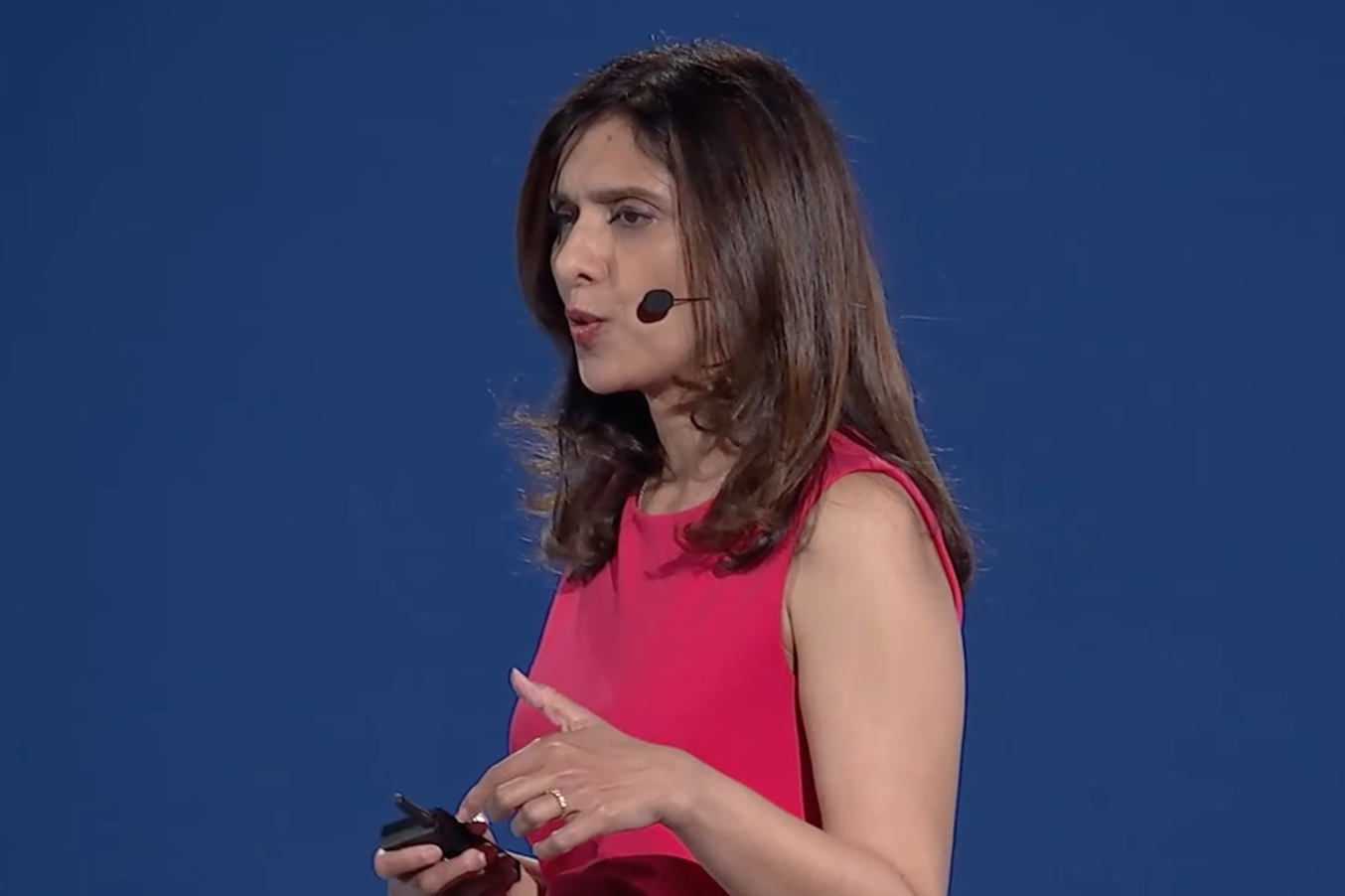 Microsoft security boss warns AI insecurity 'unprecedented' as tech goes mainstream
Microsoft security boss warns AI insecurity 'unprecedented' as tech goes mainstreamNews RSA keynote paints a terrifying picture of billion-plus GenAI users facing innovative criminal tactics
By Rene Millman
-
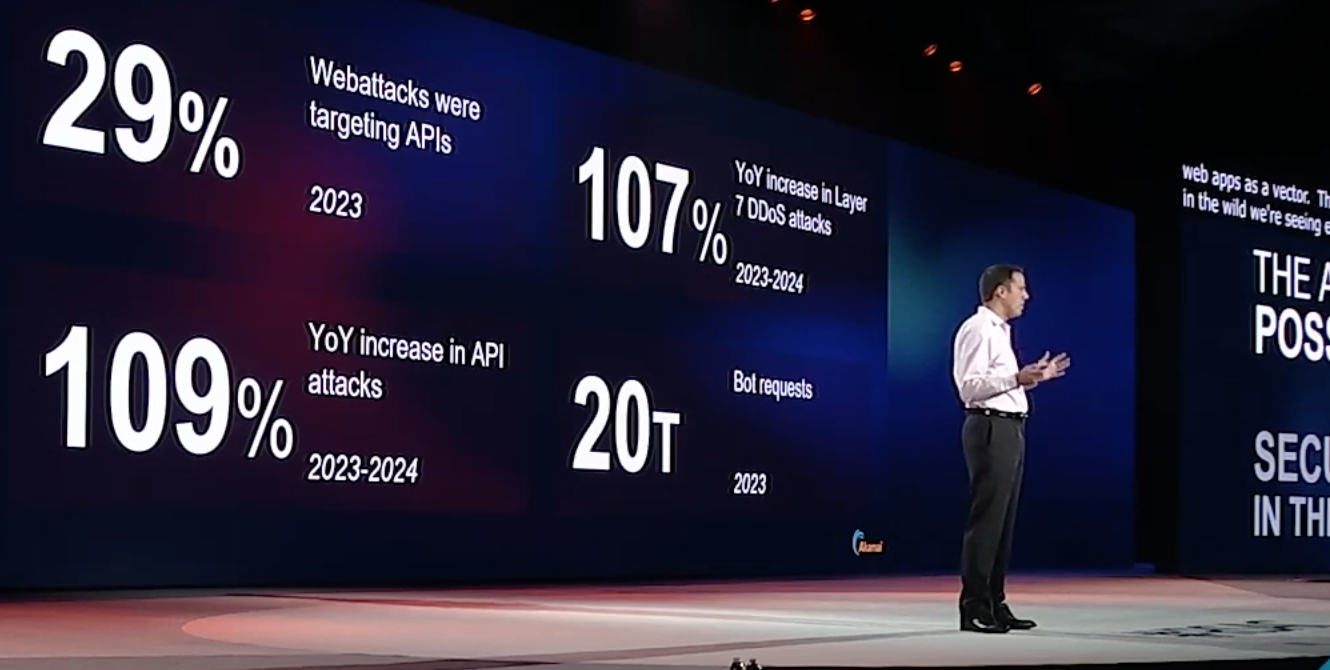 APIcalypse Now: Akamai CSO warns of surging attacks and backdoored open source components
APIcalypse Now: Akamai CSO warns of surging attacks and backdoored open source componentsNEWS Apps and APIs bear the brunt as threat actors pivot to living off the land
By Rene Millman
-
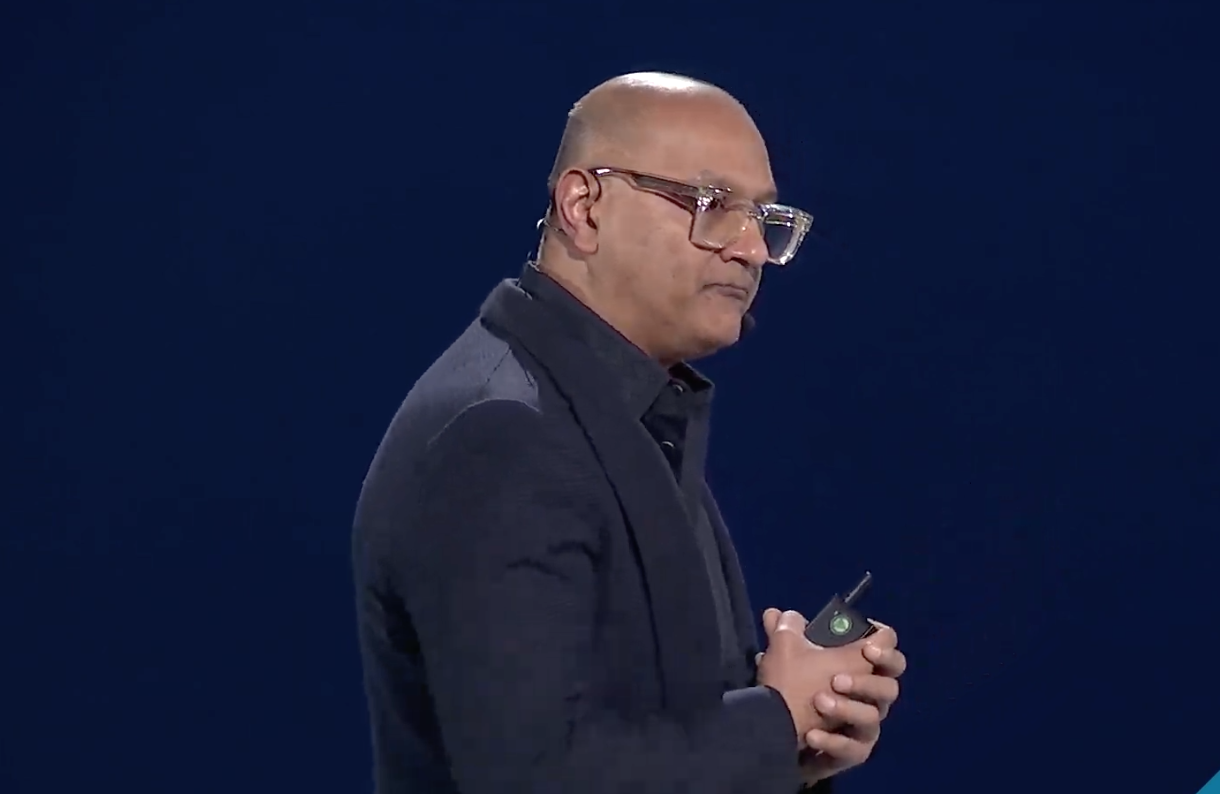 AI is changing the game when it comes to cyber security
AI is changing the game when it comes to cyber securityNews With AI becoming more of an everyday reality, innovative strategies are needed to counter increasingly sophisticated threats
By Rene Millman
-
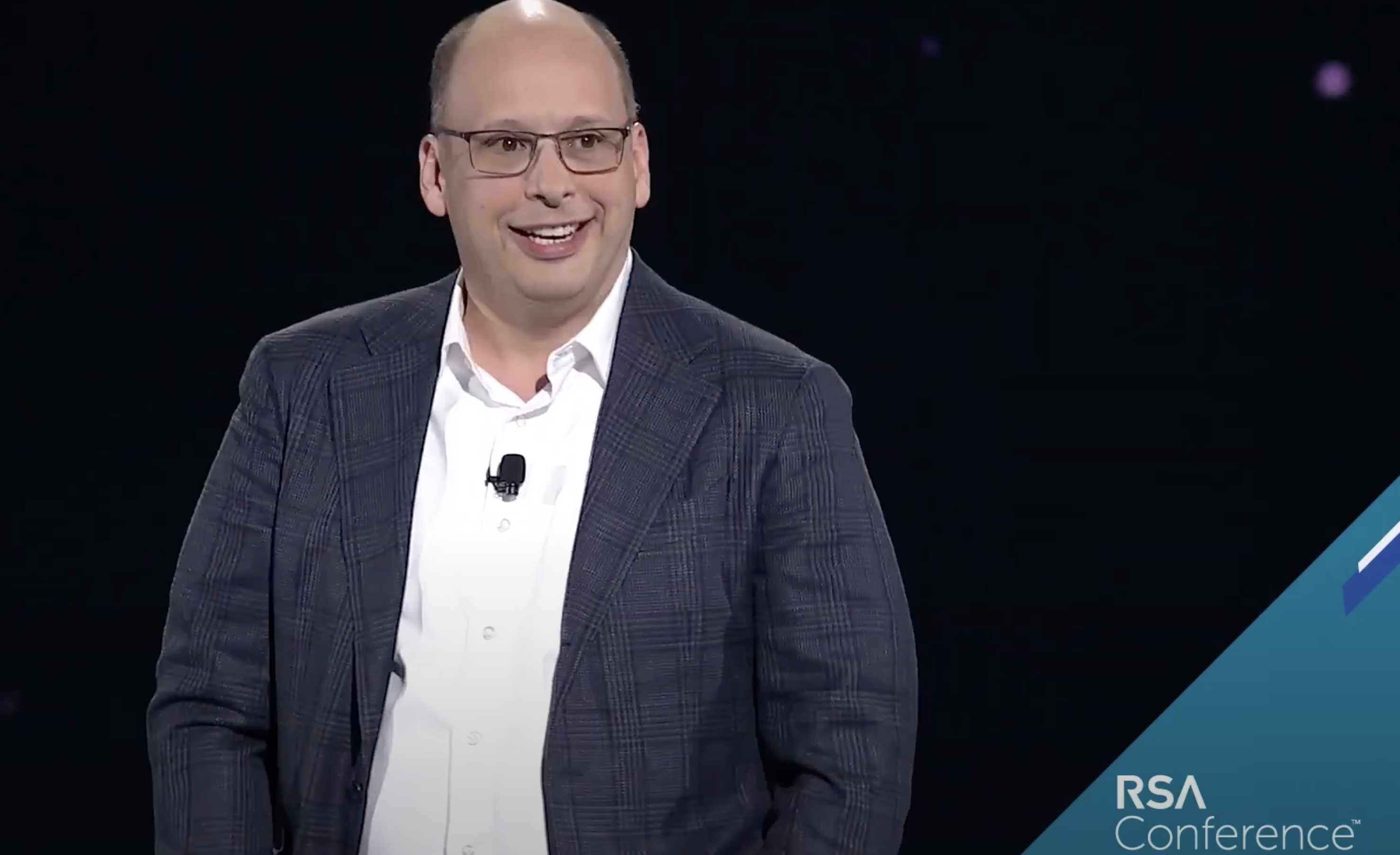 RSAC Chairman urges collaboration to ensure collective defense in security
RSAC Chairman urges collaboration to ensure collective defense in securityNews Chairman emphasizes the critical need for cooperation among cyber security experts
By Rene Millman
-
 2022 Public Sector Identity Index Report
2022 Public Sector Identity Index ReportWhitepaper UK Report
By ITPro
-
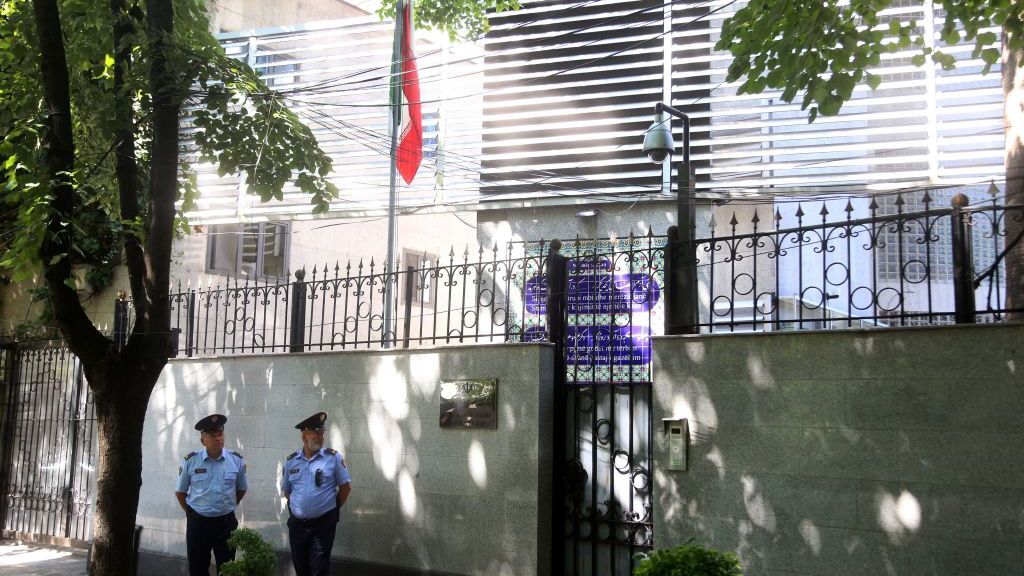 UK, US condemn Iran for ‘unprecedented’ cyber attack against Albania
UK, US condemn Iran for ‘unprecedented’ cyber attack against AlbaniaNews The Balkan nation has cut ties with Iran following the hack, which took down national infrastructure and exposed government information
By Rory Bathgate